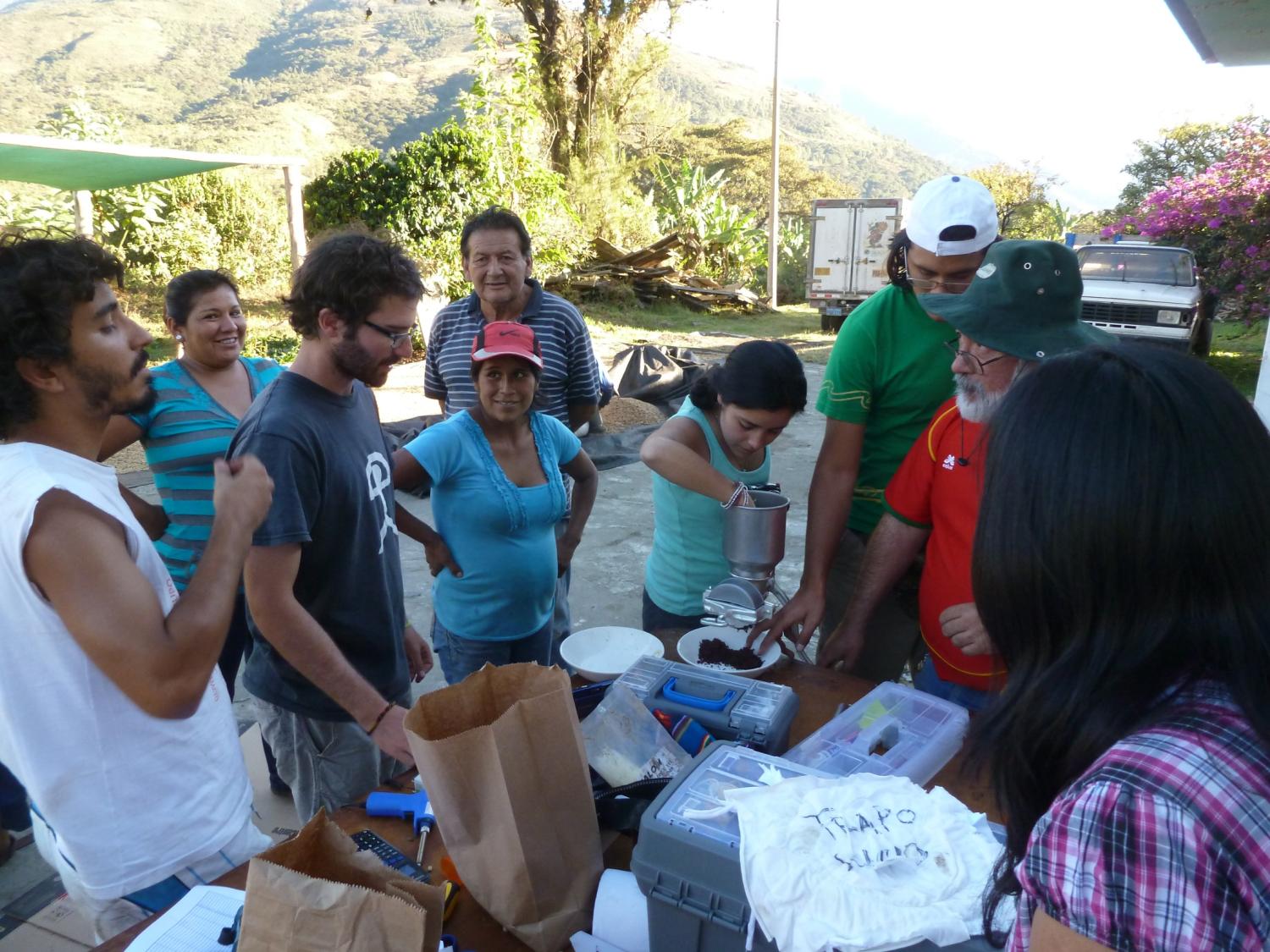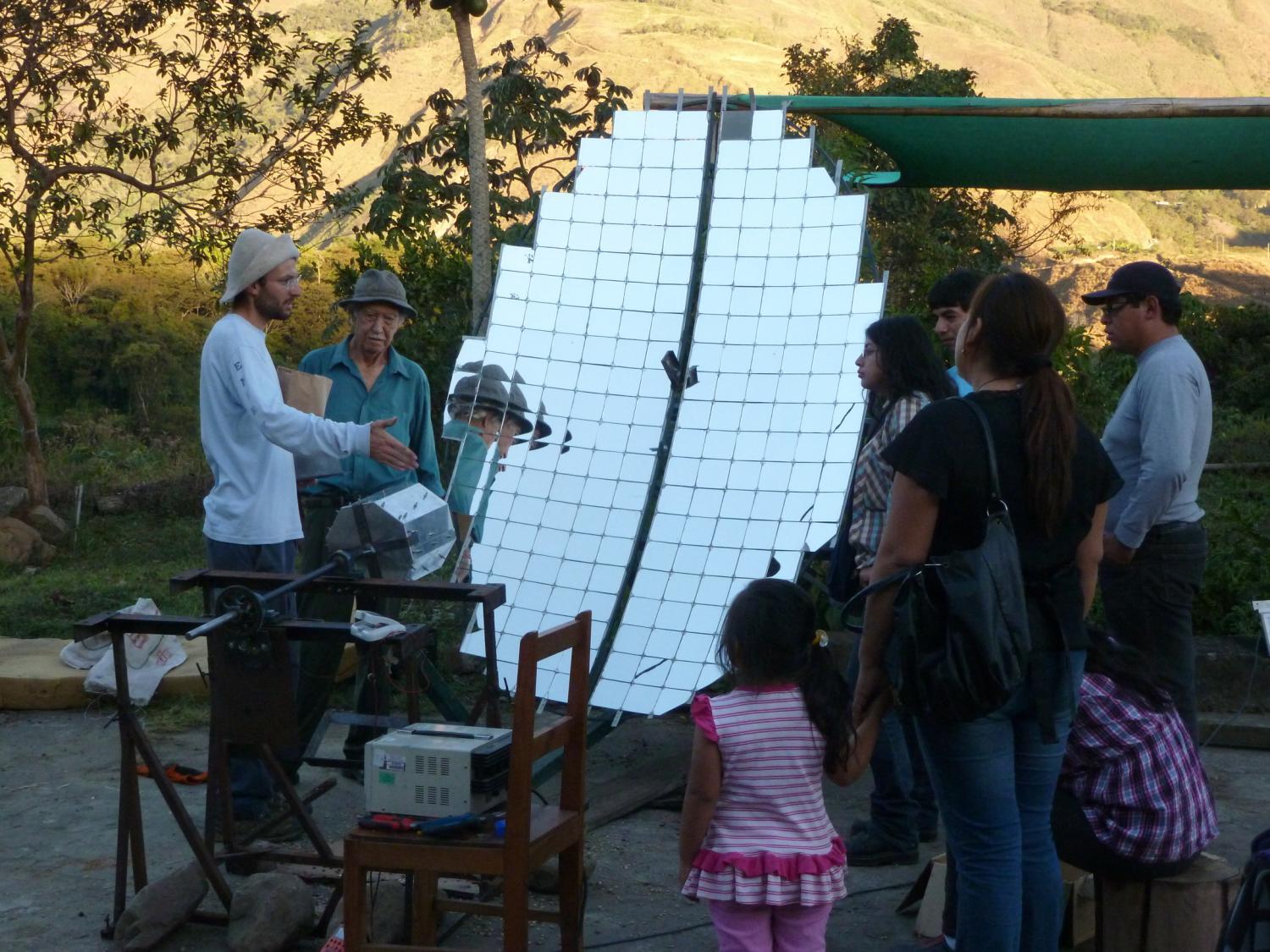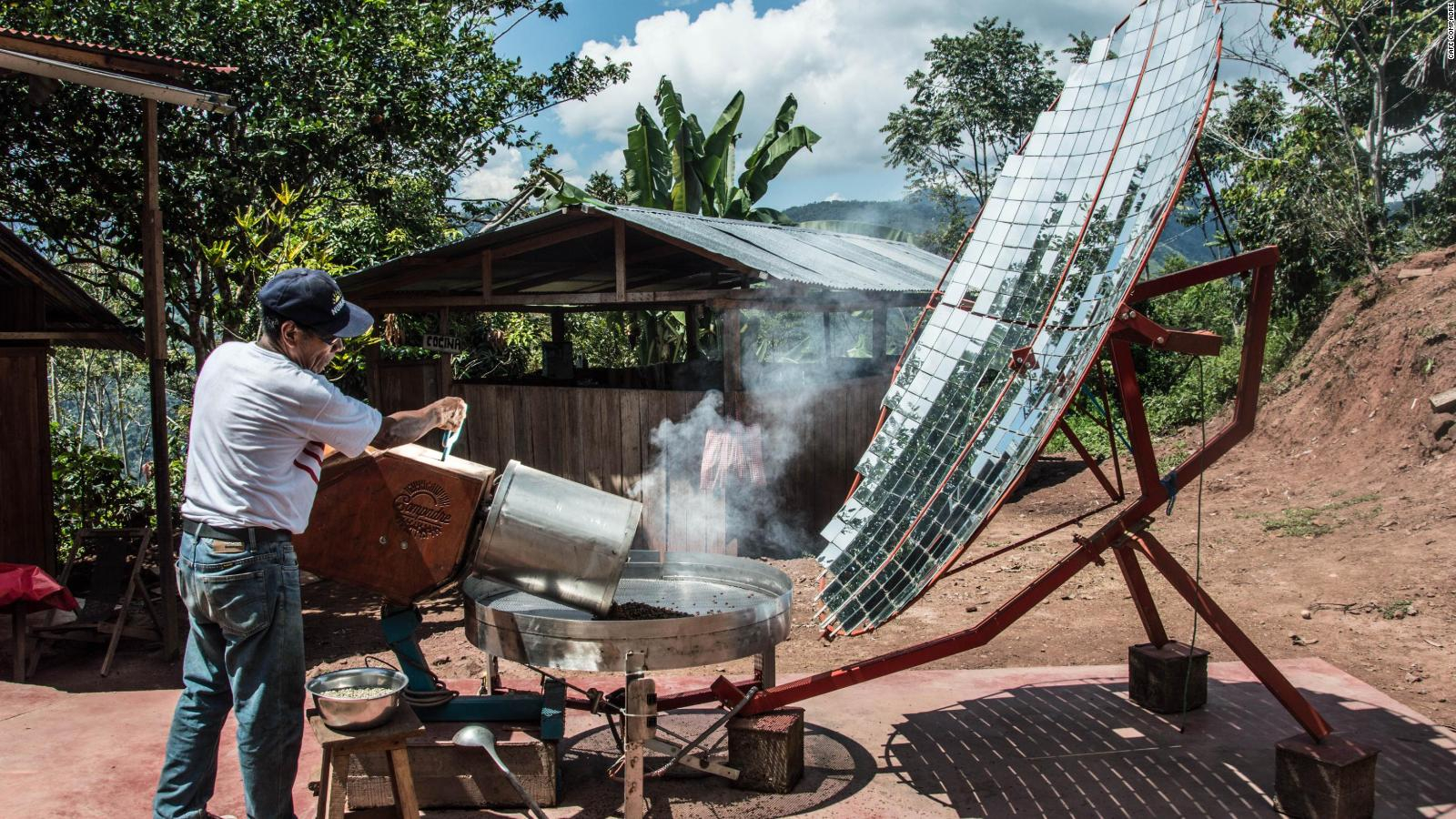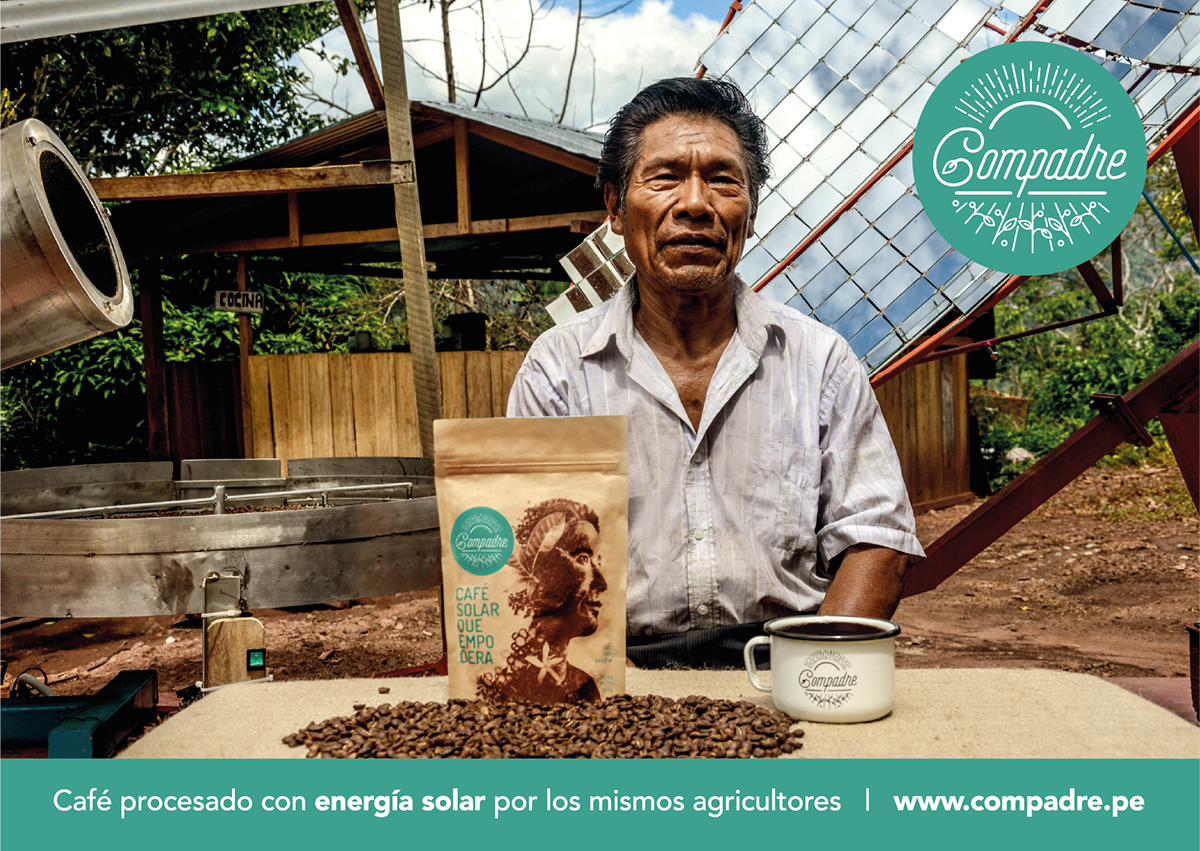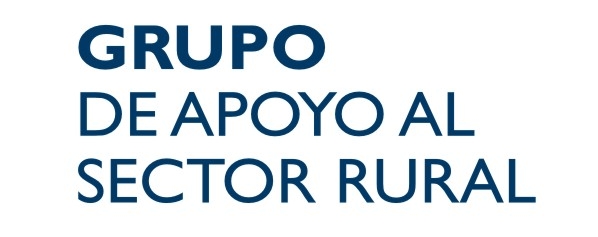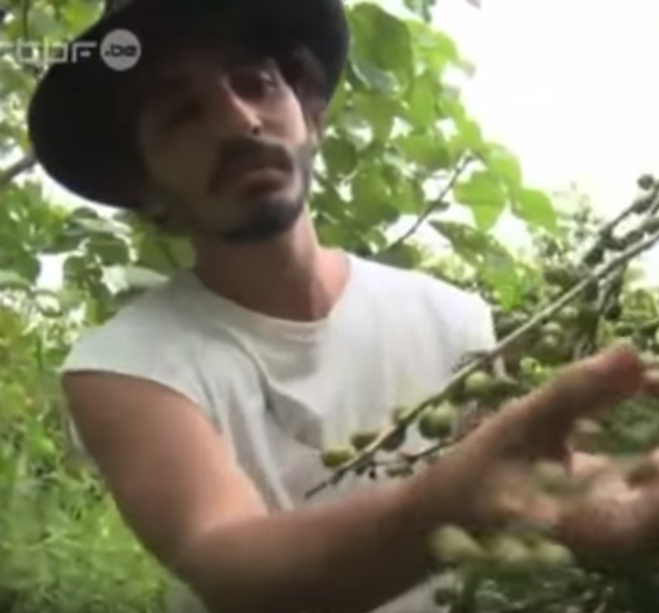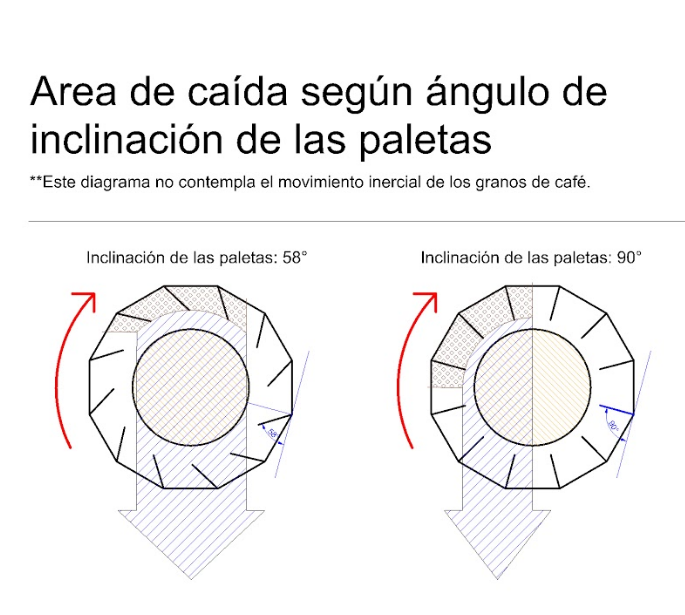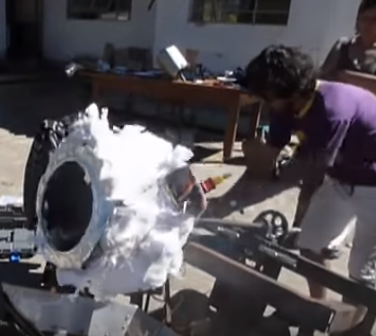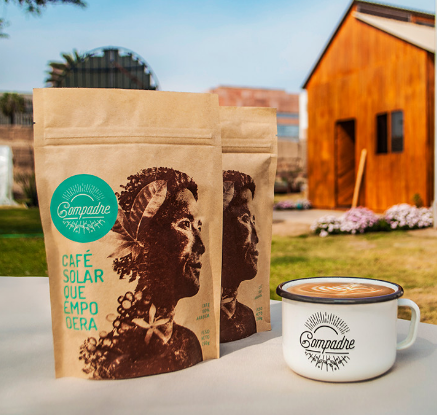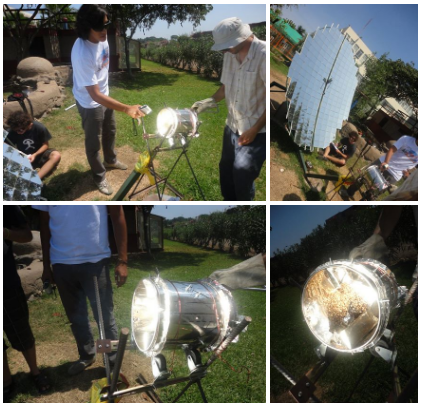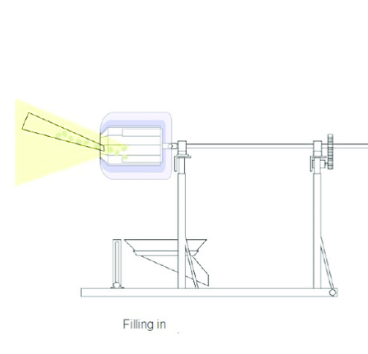
Solar Coffee Roaster.
An affordable coffee roaster that uses solar concentrated energy to empower rural coffee farmers in Cusco, Peru
Technology
Design
Engineering
Agriculture
Brief summary
Most coffee farmers sell their coffee as dried beans. The money they get constitutes about a tenth of the final price consumers pay for coffee, mainly because roasting is the main activity that adds value to the product. However, common roasters are very expensive and rely on energy sources that aren’t usually available in rural areas, so farmers aren’t able to advance in the value chain. To provide coffee farmers in remote locations the opportunity to increase the value of their product and therefore increase their family income, we researched and manufactured an affordable roasting machine that works fully on renewable energies. This coffee roaster uses concentrated solar energy to heat up a drum at temperatures over 200ºC and roast the beans while they rotate without the use of any carbon-emitting fuels. This roaster sparked the creation of Compadre, a startup that provides this technology to coffee farmers and helps them reach premium establishments to sell their roasted beans. This technology has already allowed farmers to increase their income by 60% while reducing by 40% CO2 emissions.
My role
As the sole product designer among a group of engineers, my role was to make the design decisions regarding materials, ergonomics and user interaction. I led the prototyping phase, tested, measured and iterated on the final product.

Challenge
How might we design a high-quality affordable coffee roaster to increase farmers’ income in rural areas using renewable energies?

Design Principles
Energy-efficient
To make better use of renewable energy and preventing sudden heat loss to improve roasting time.
Simple and safe interaction
Allowing rural farmers with very little expertise to use it safely and comfortably.
Consistent roasting quality
To guarantee that all coffee grains are roasted evenly regardless of climate shifts.
Affordable and scalable
By making efficient and smart use of materials to reduce manufacturing costs, promote local fabrication and make it easy to repair with local supplies.
Optimized for off-grid
So the technology can be used in remote scenarios without a power supply and using solely renewable energy.
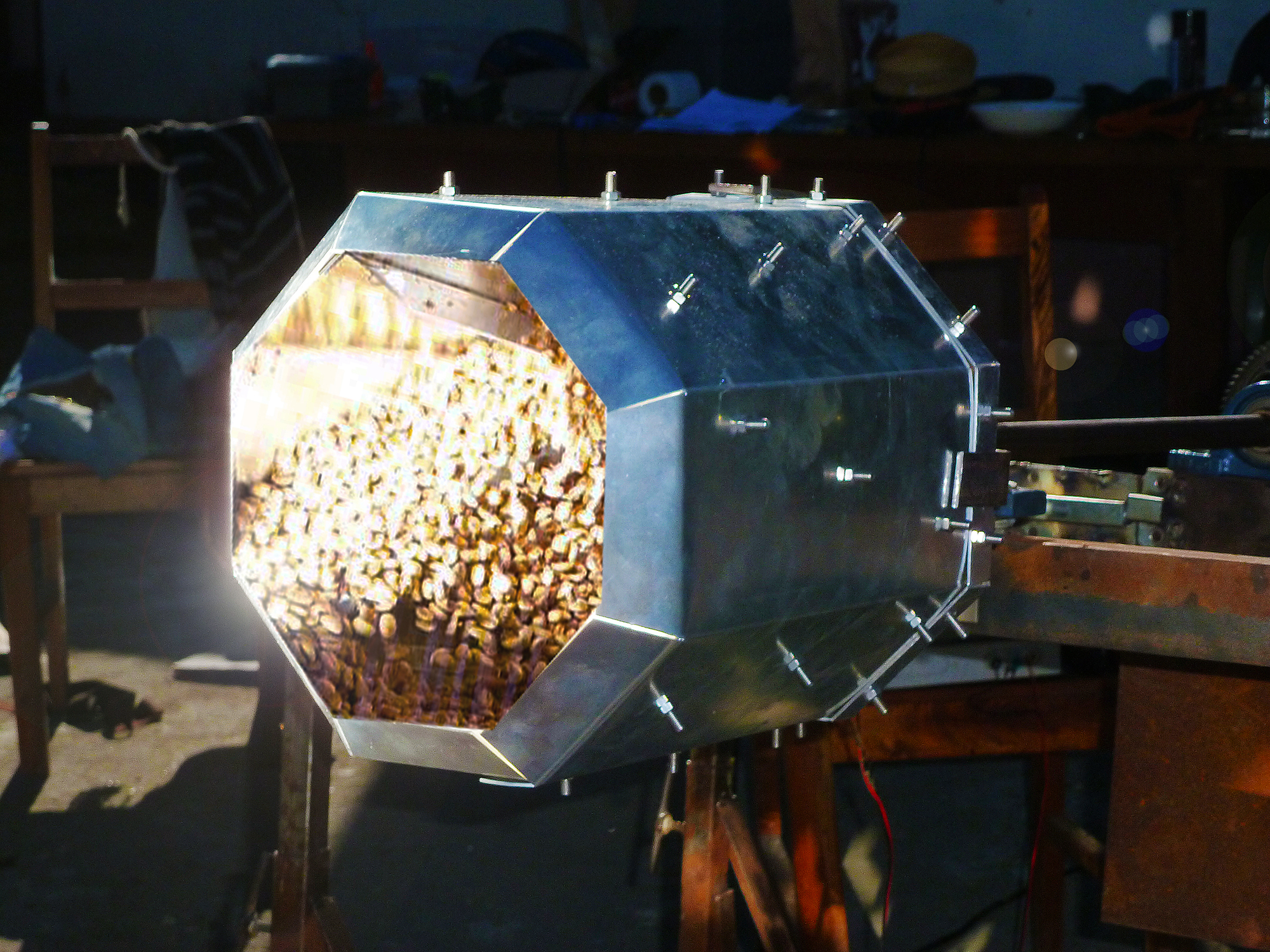
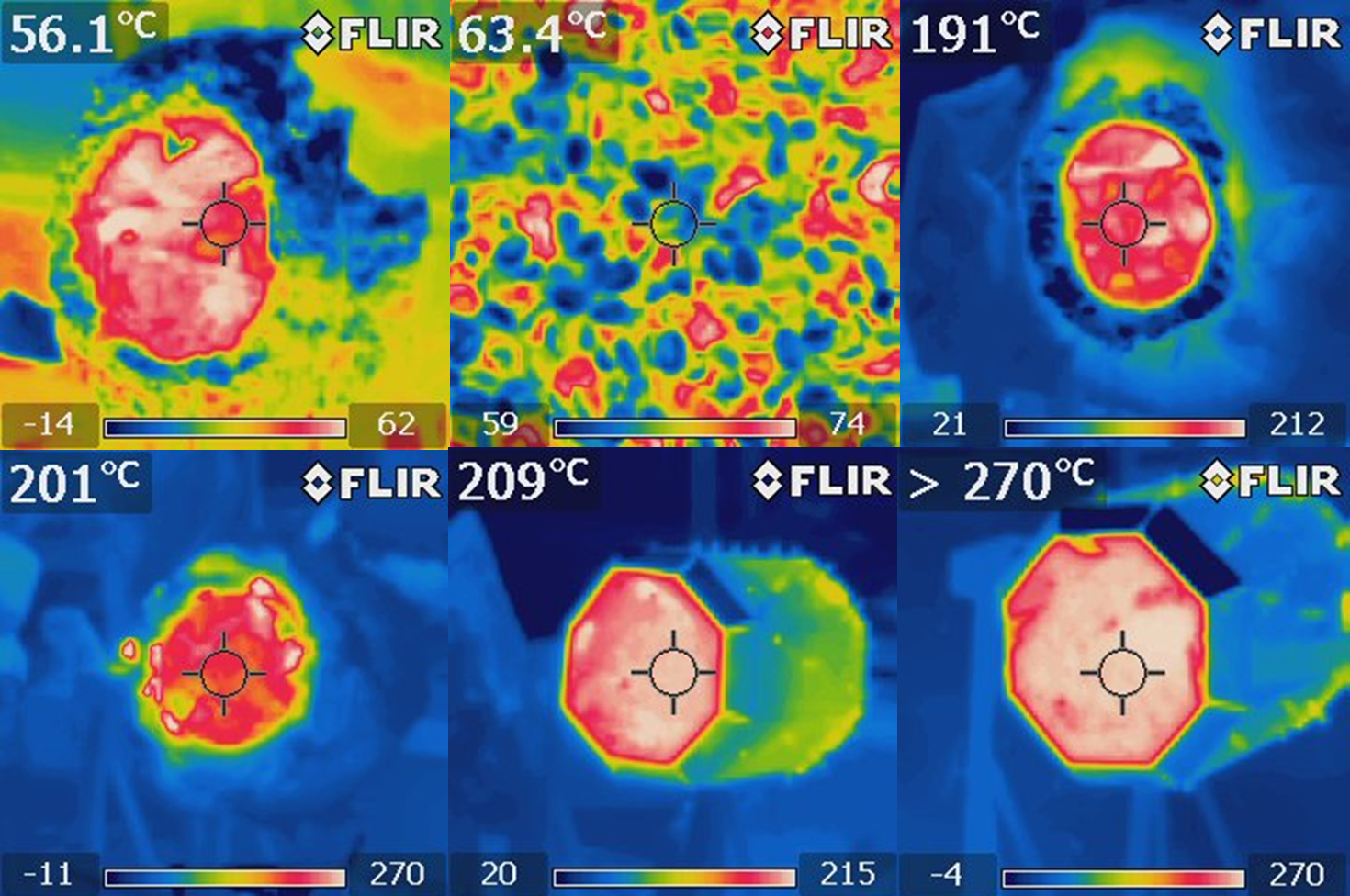
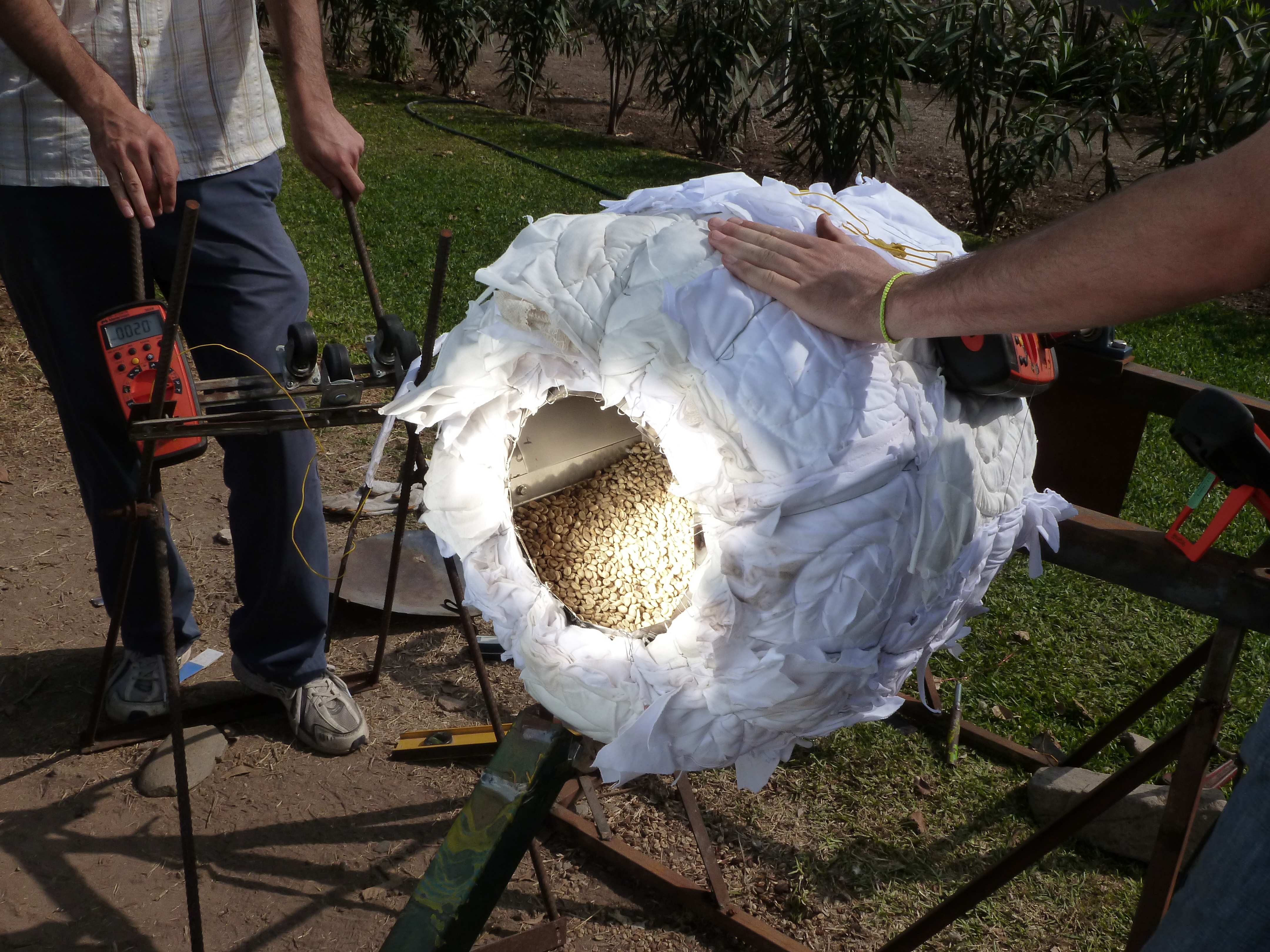
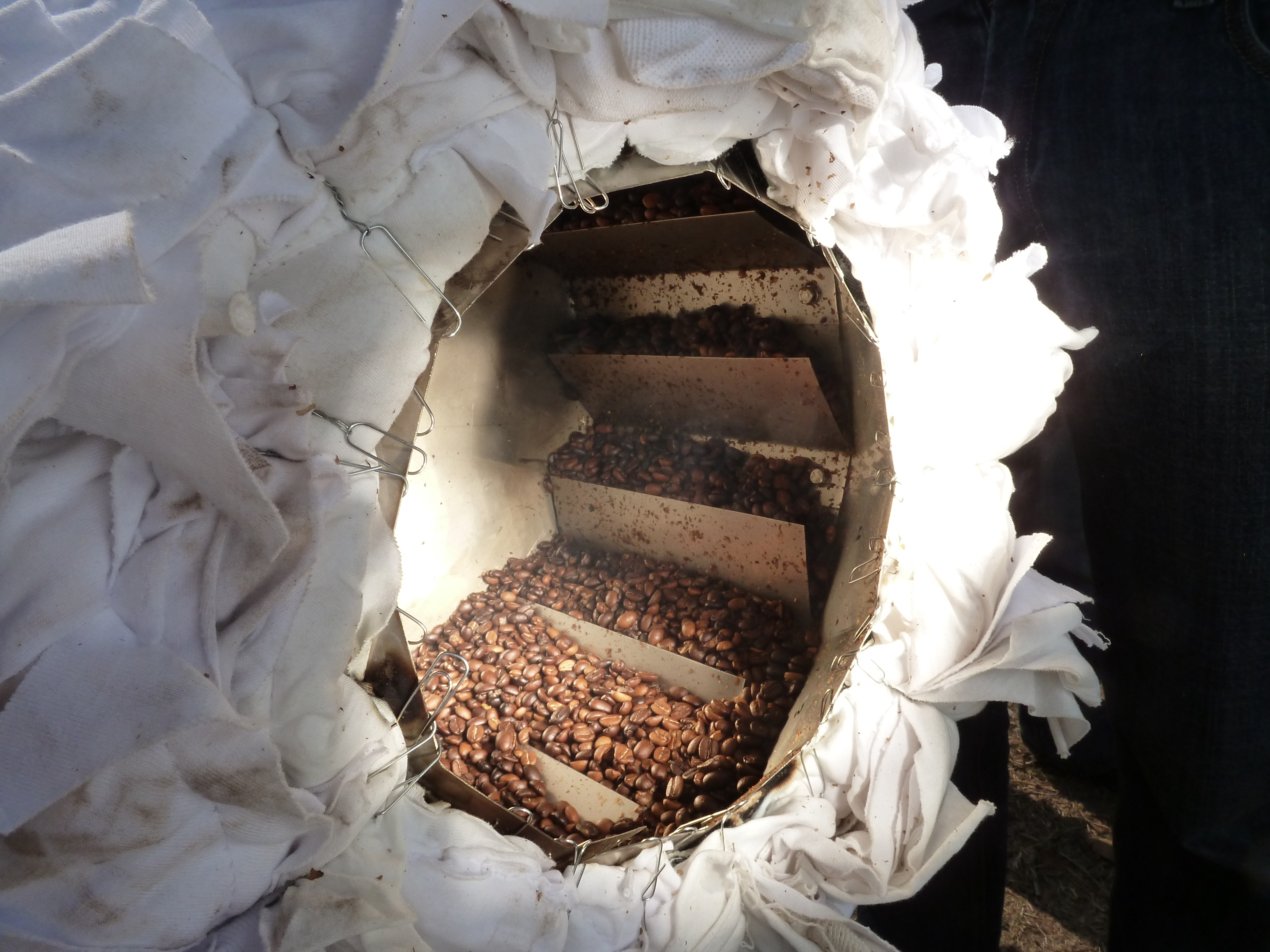
Process
Literature review, Benchmarking, Ideation, Mathematical modeling, Cardboard prototyping, Material experimentation, Full-scale prototype, Roasting evaluations, User testing and iteration, Coffee quality assessment.
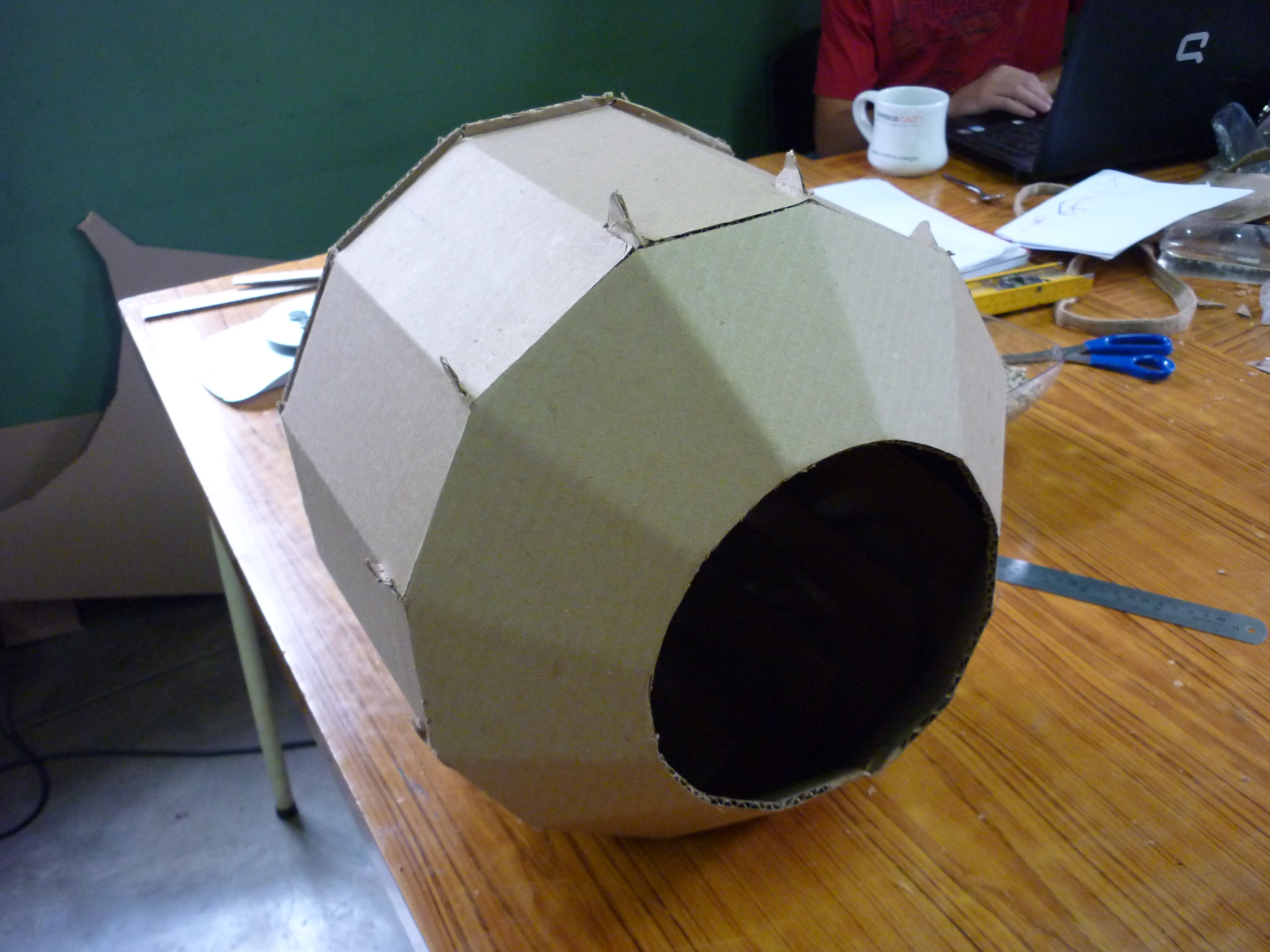
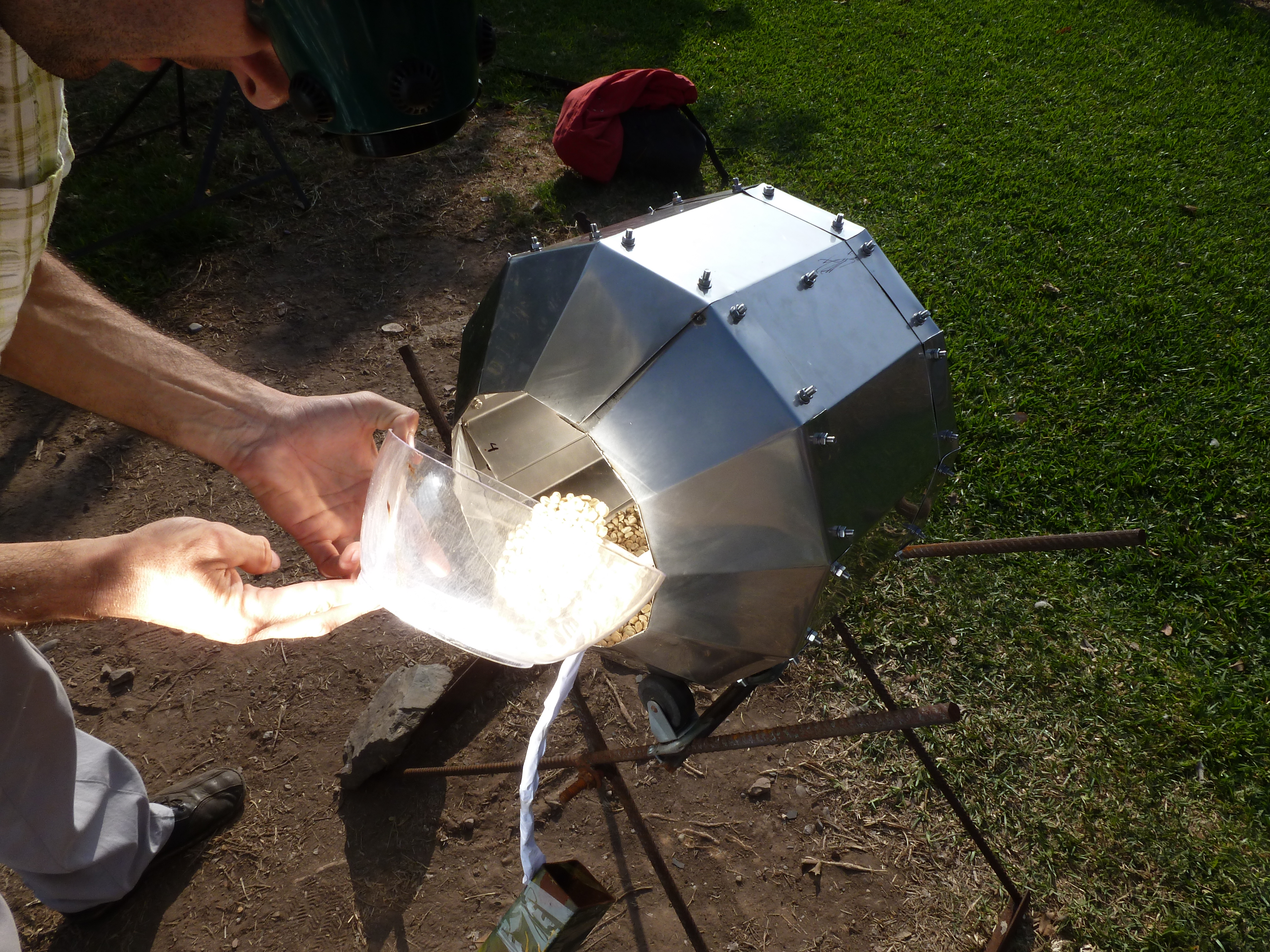
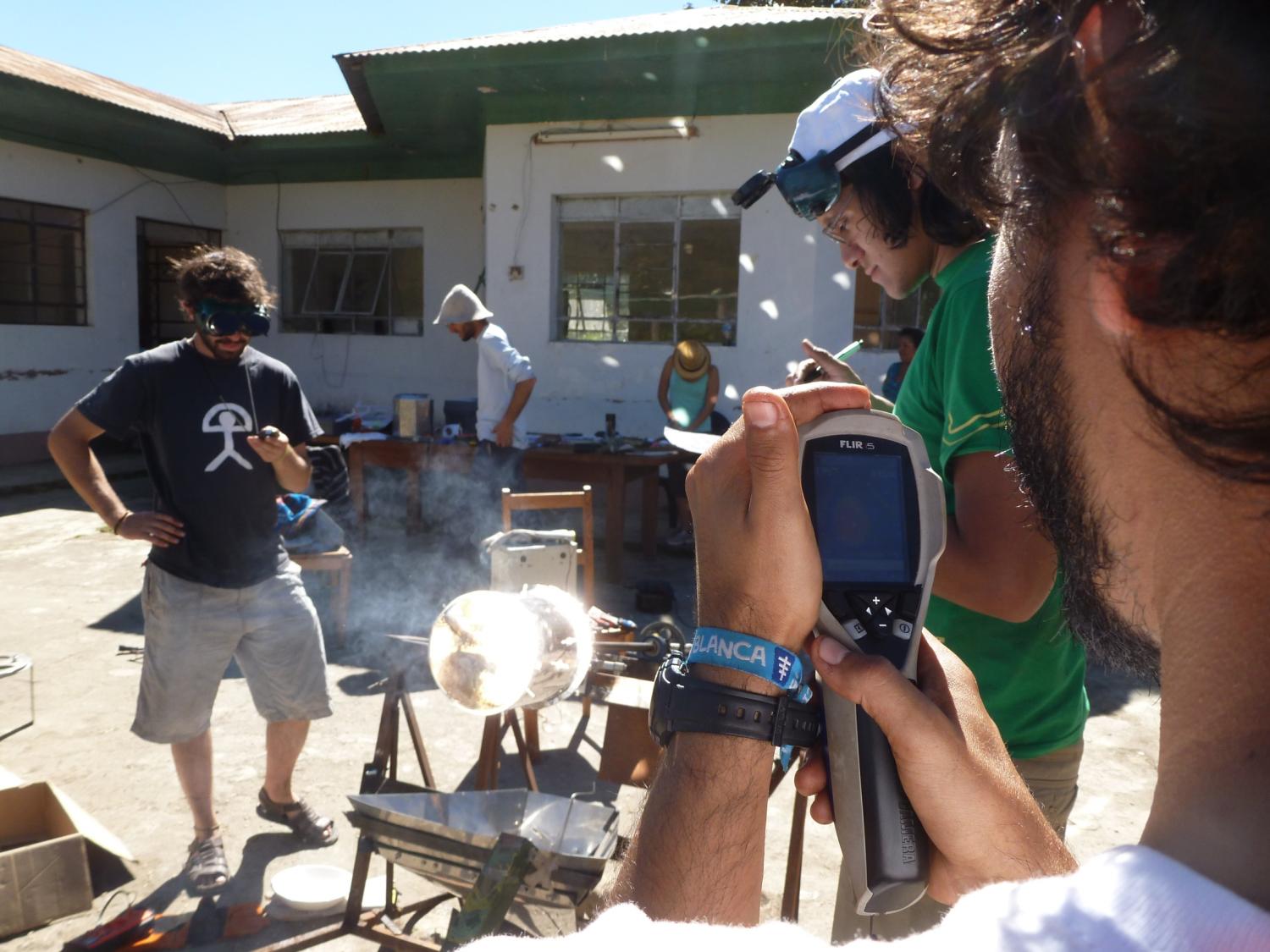
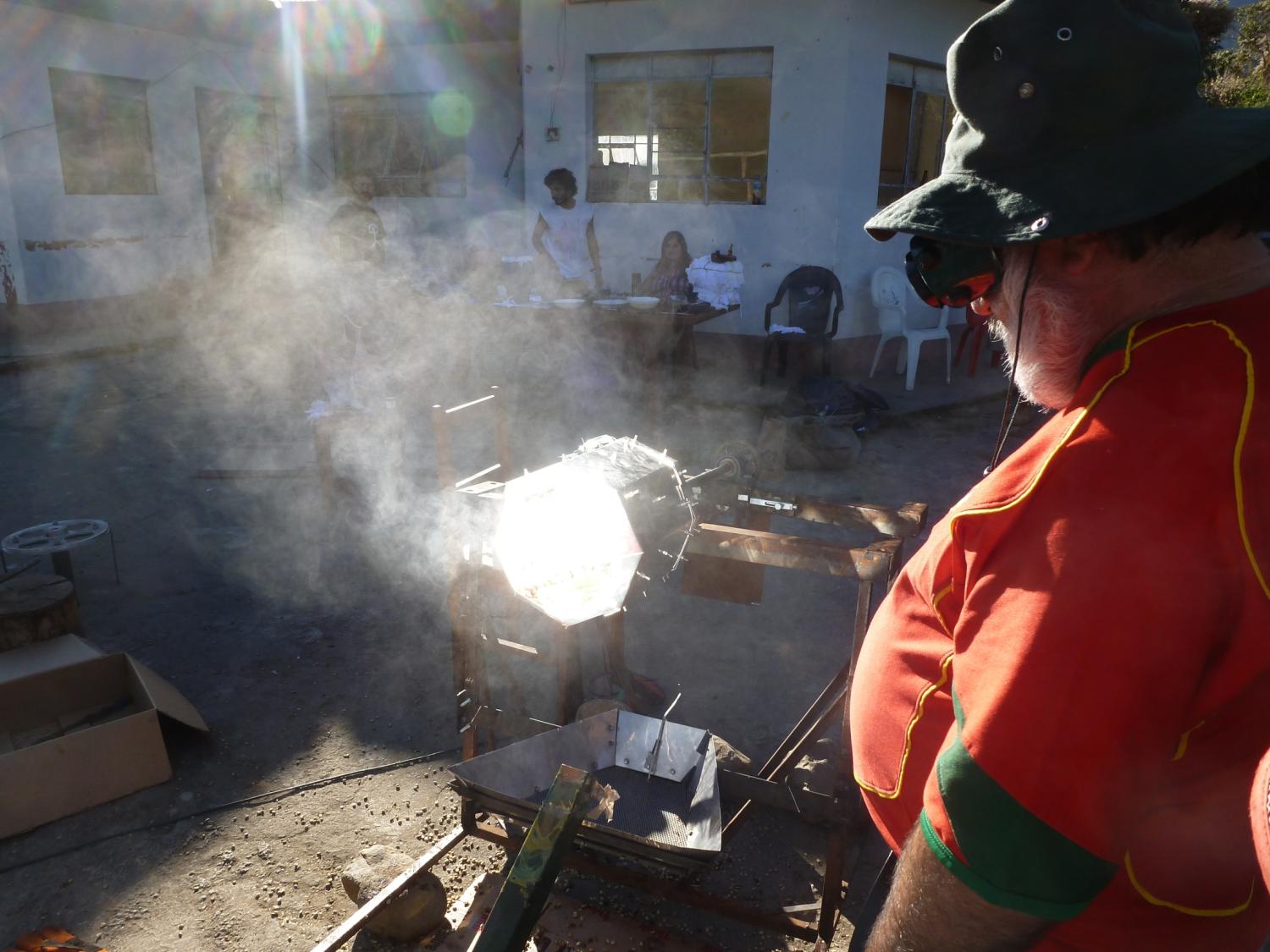

Design
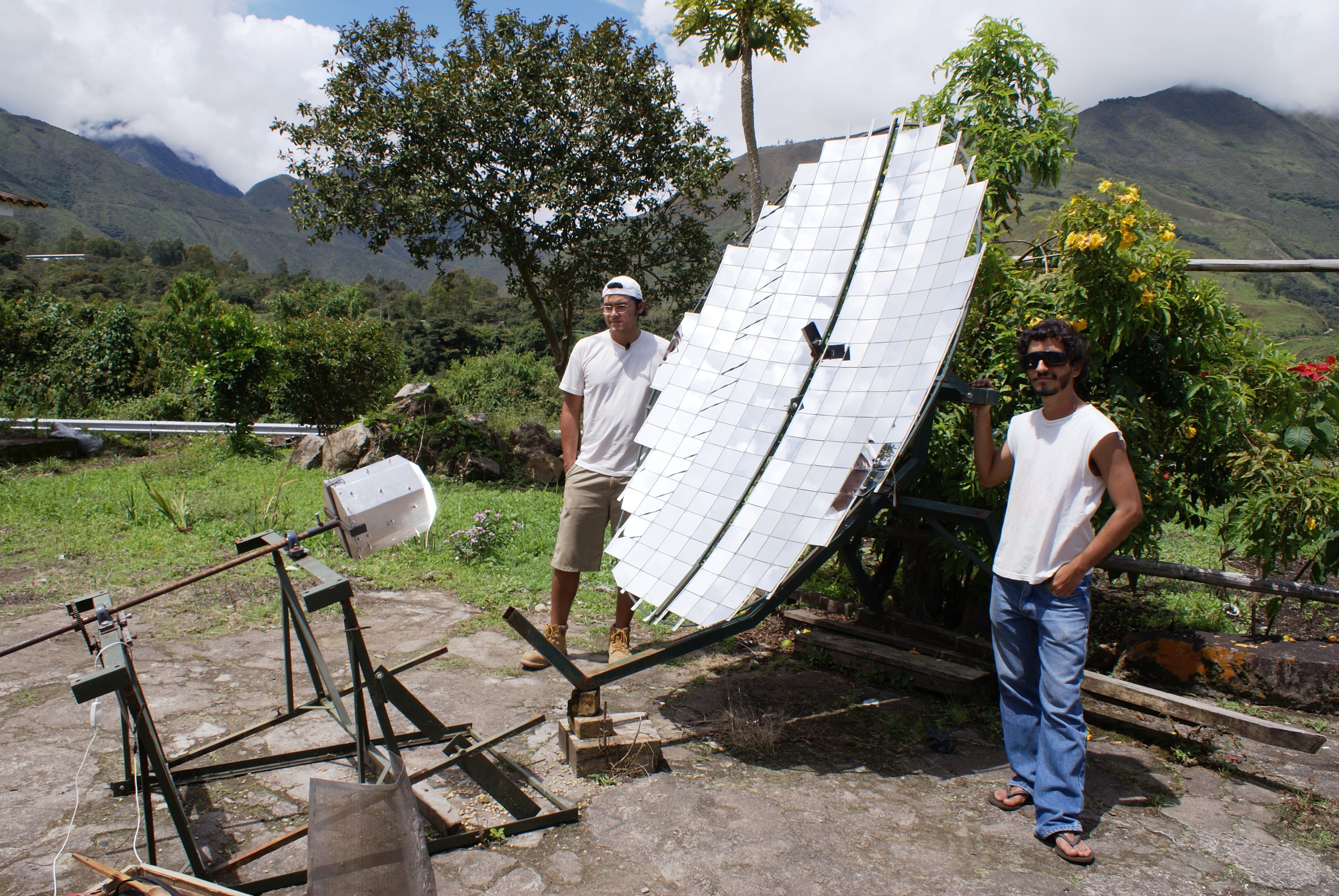

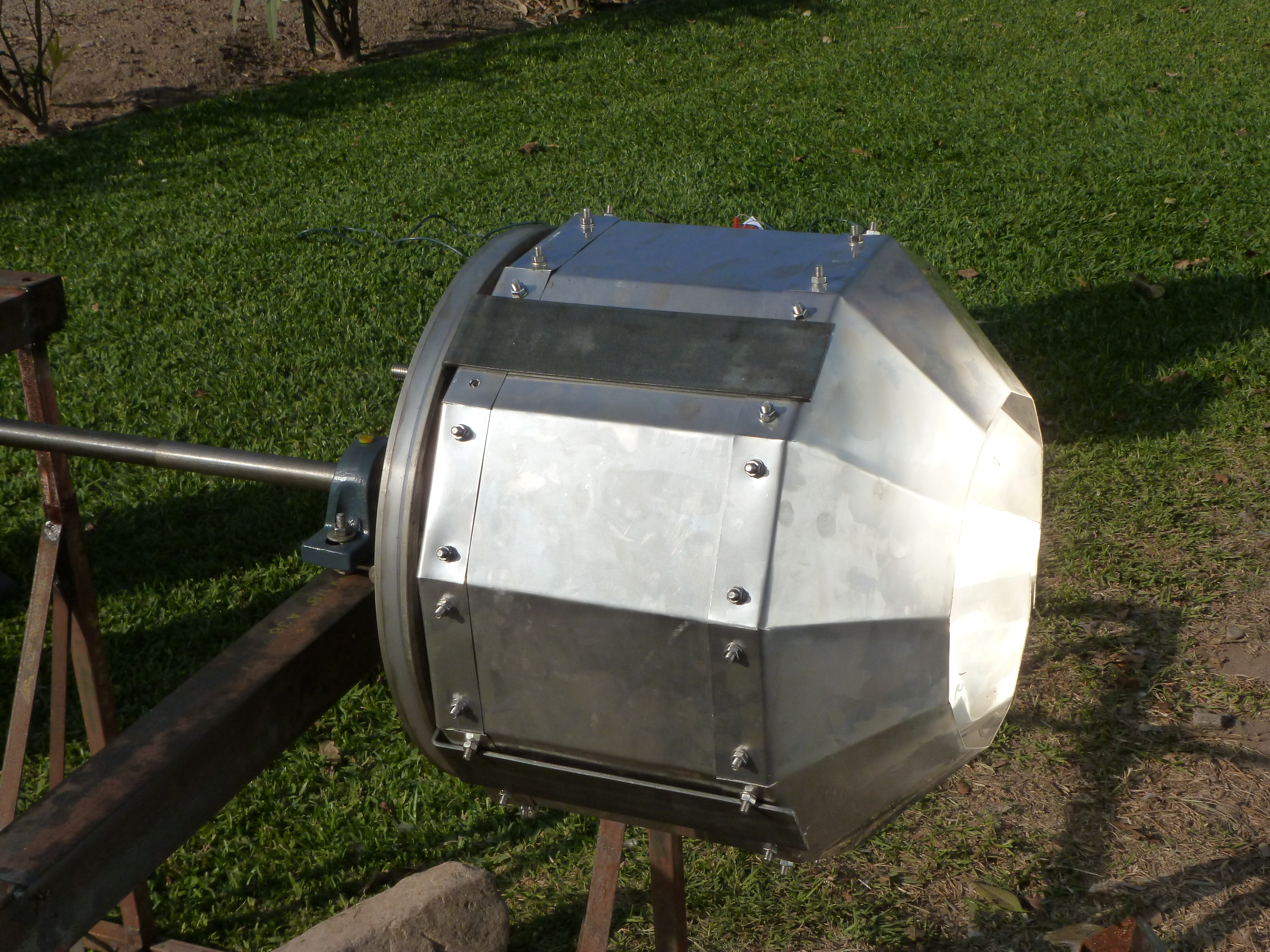
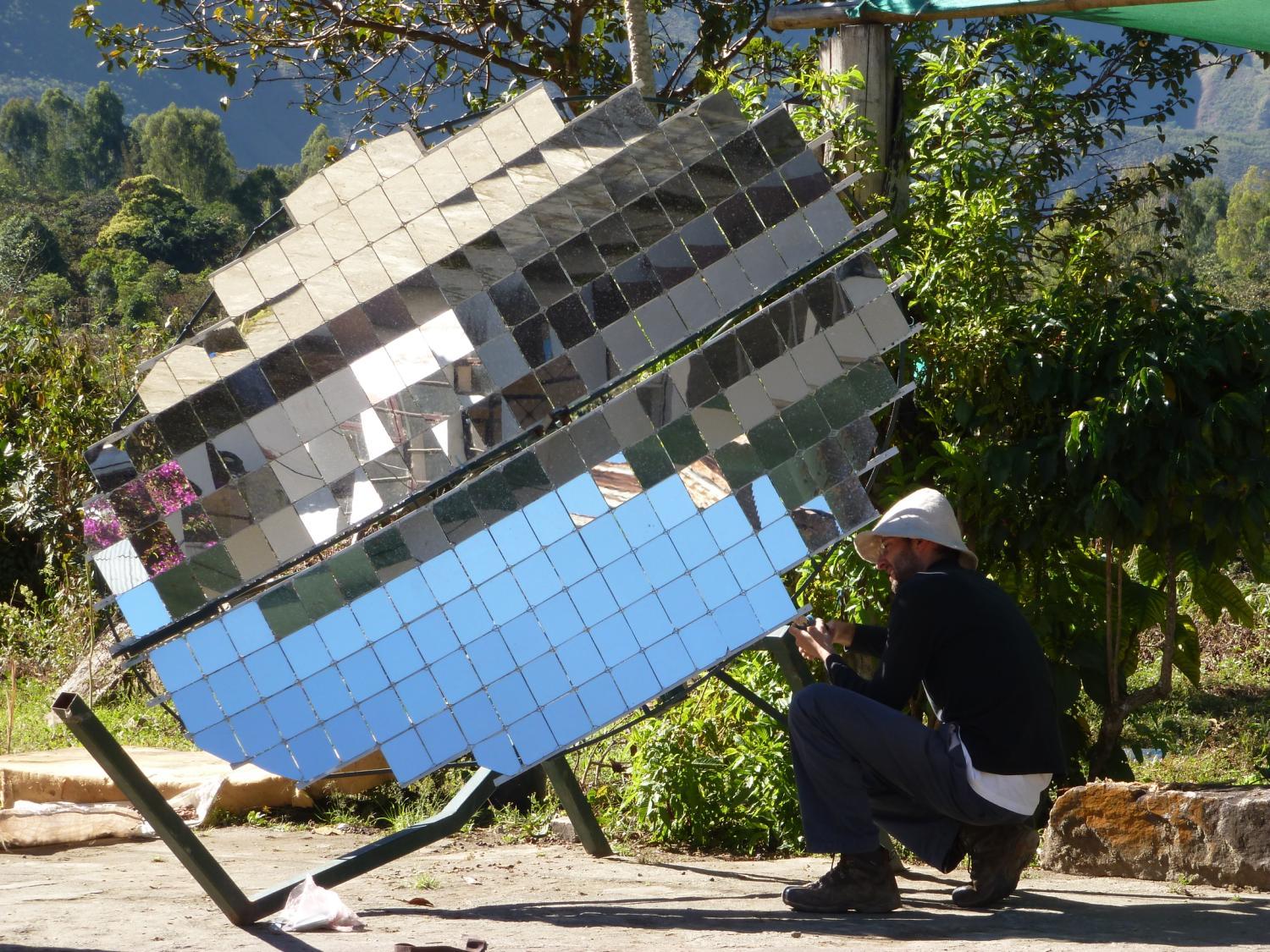
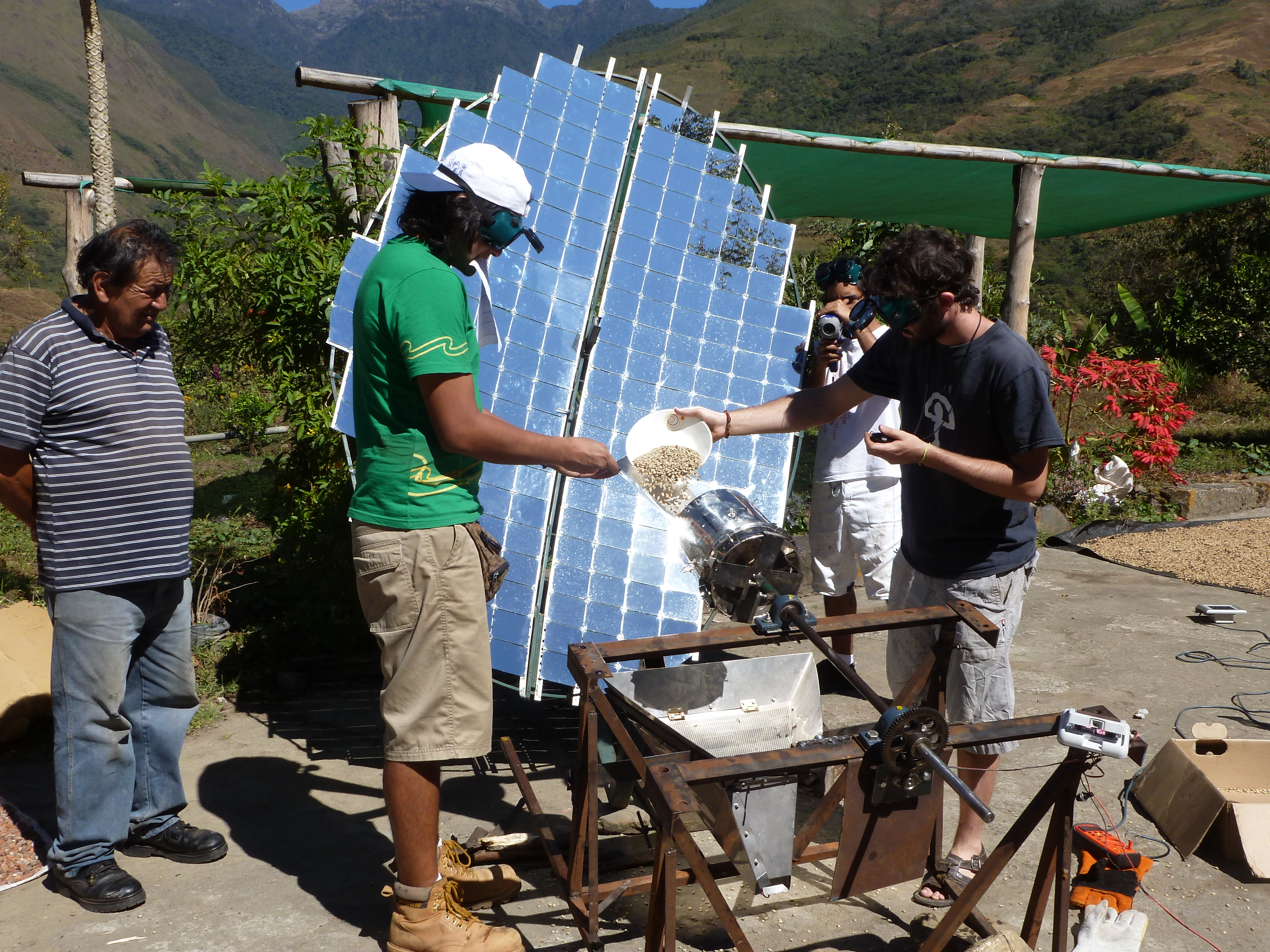
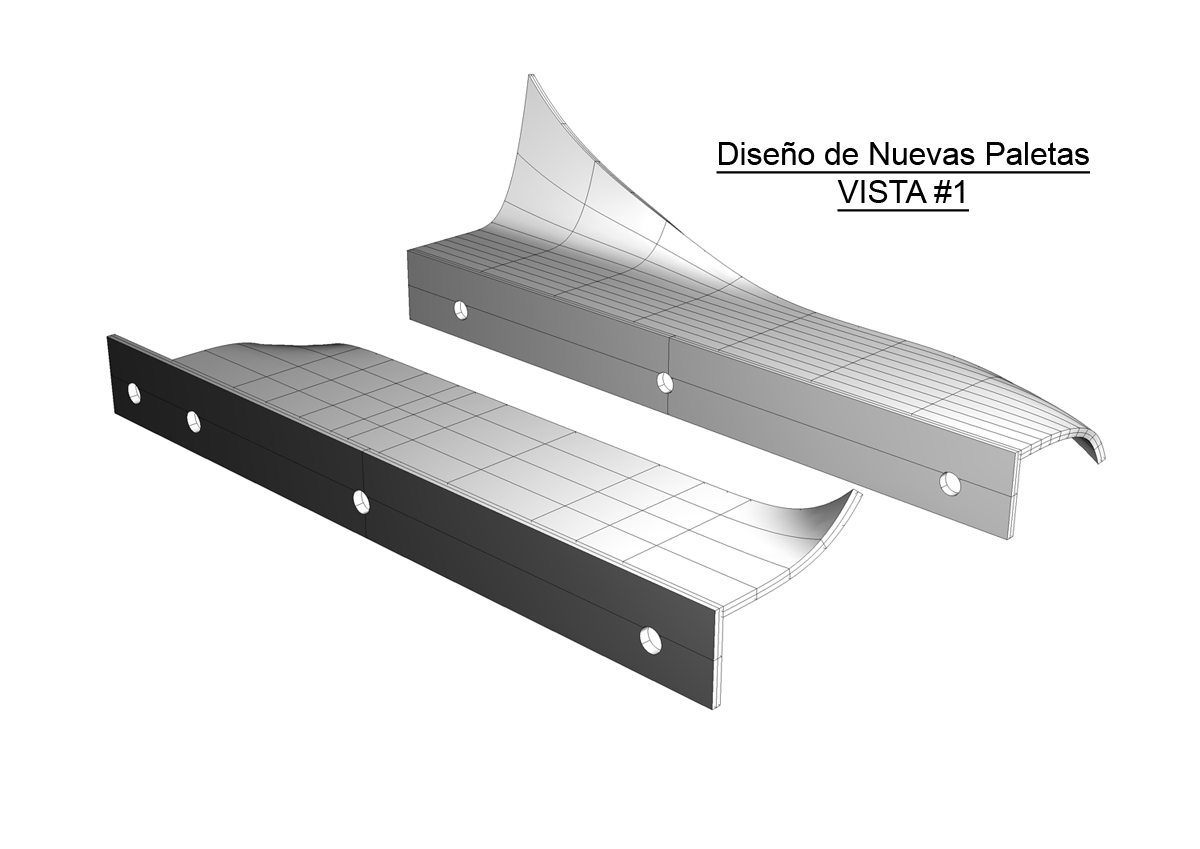
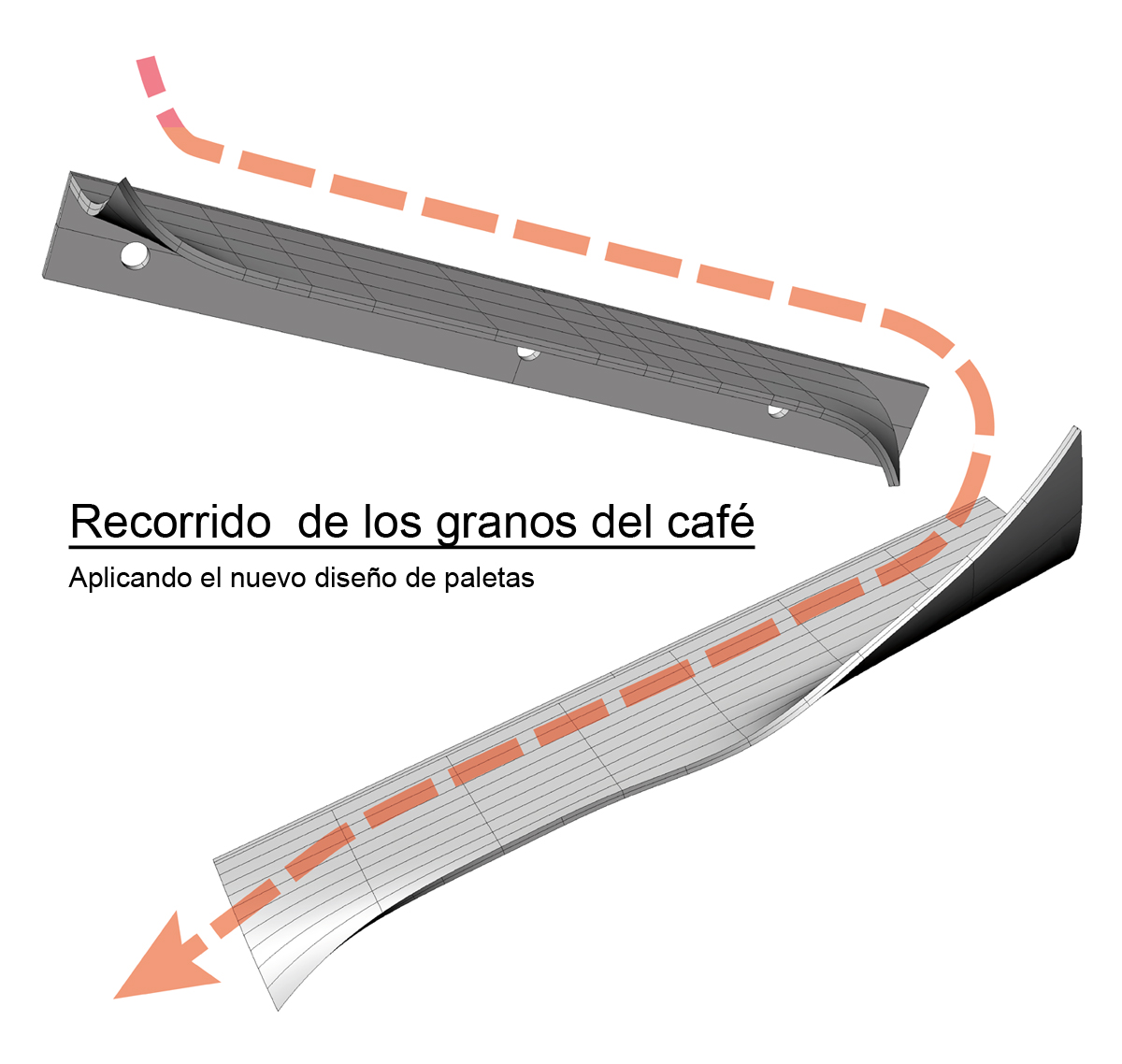
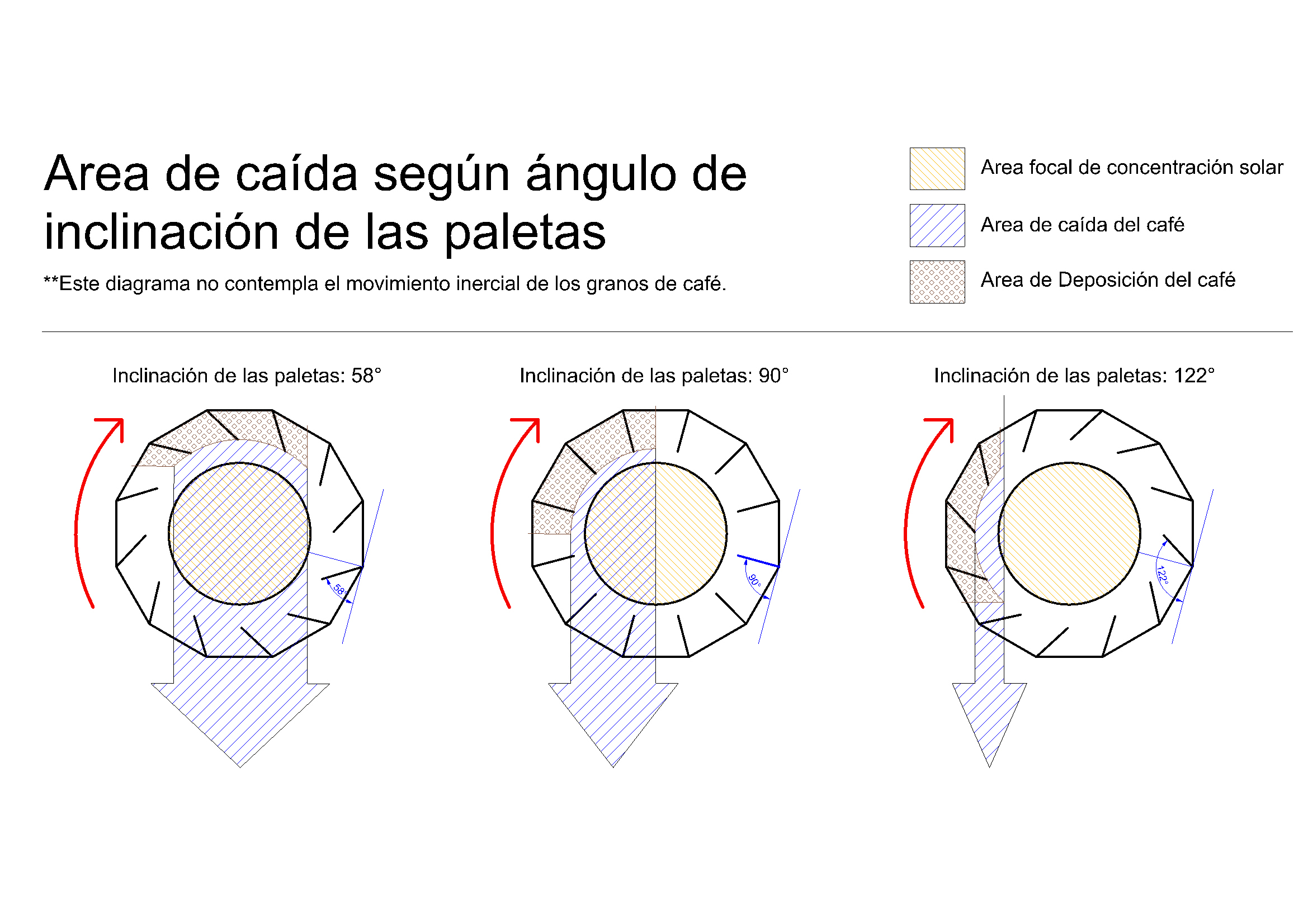
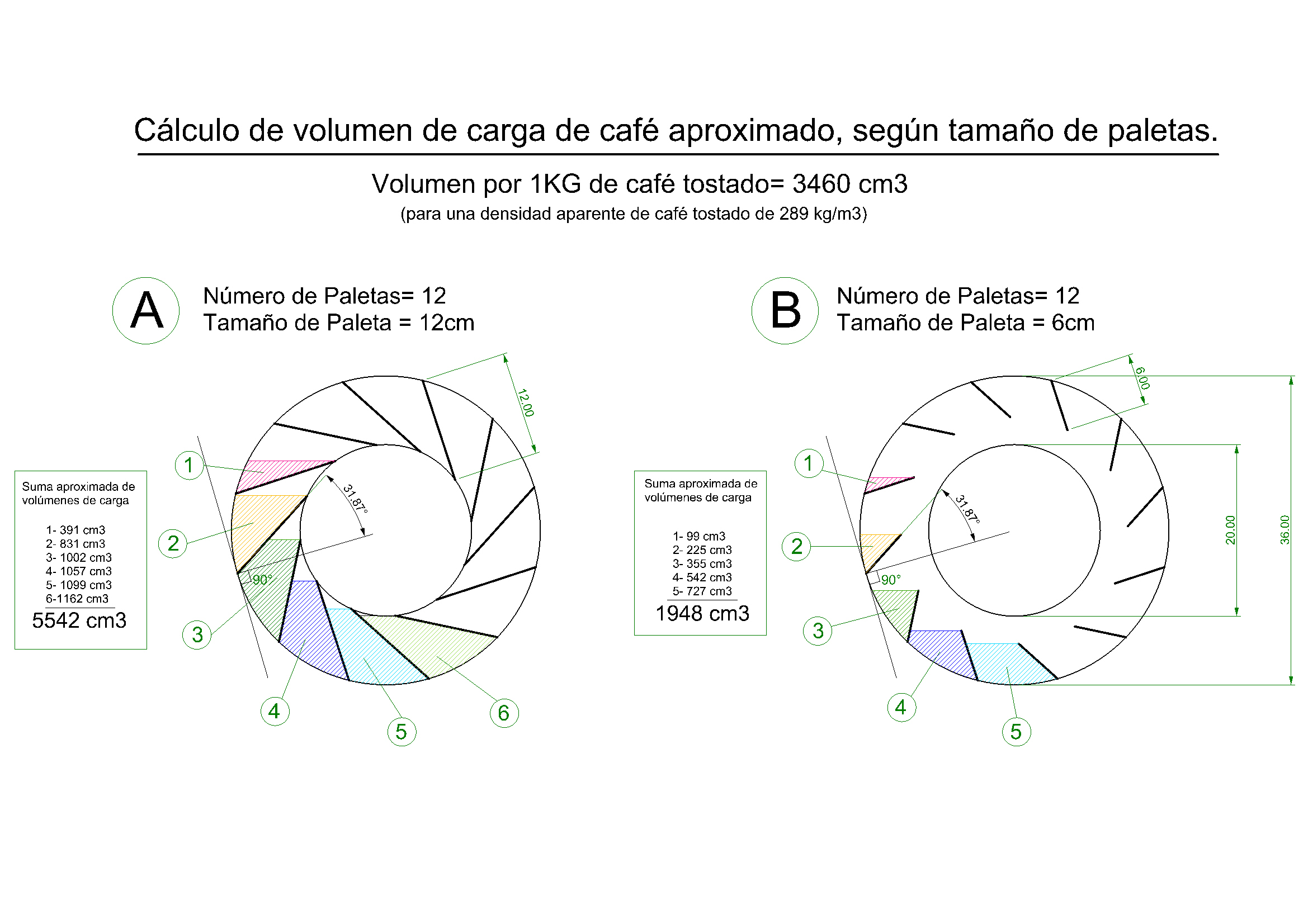
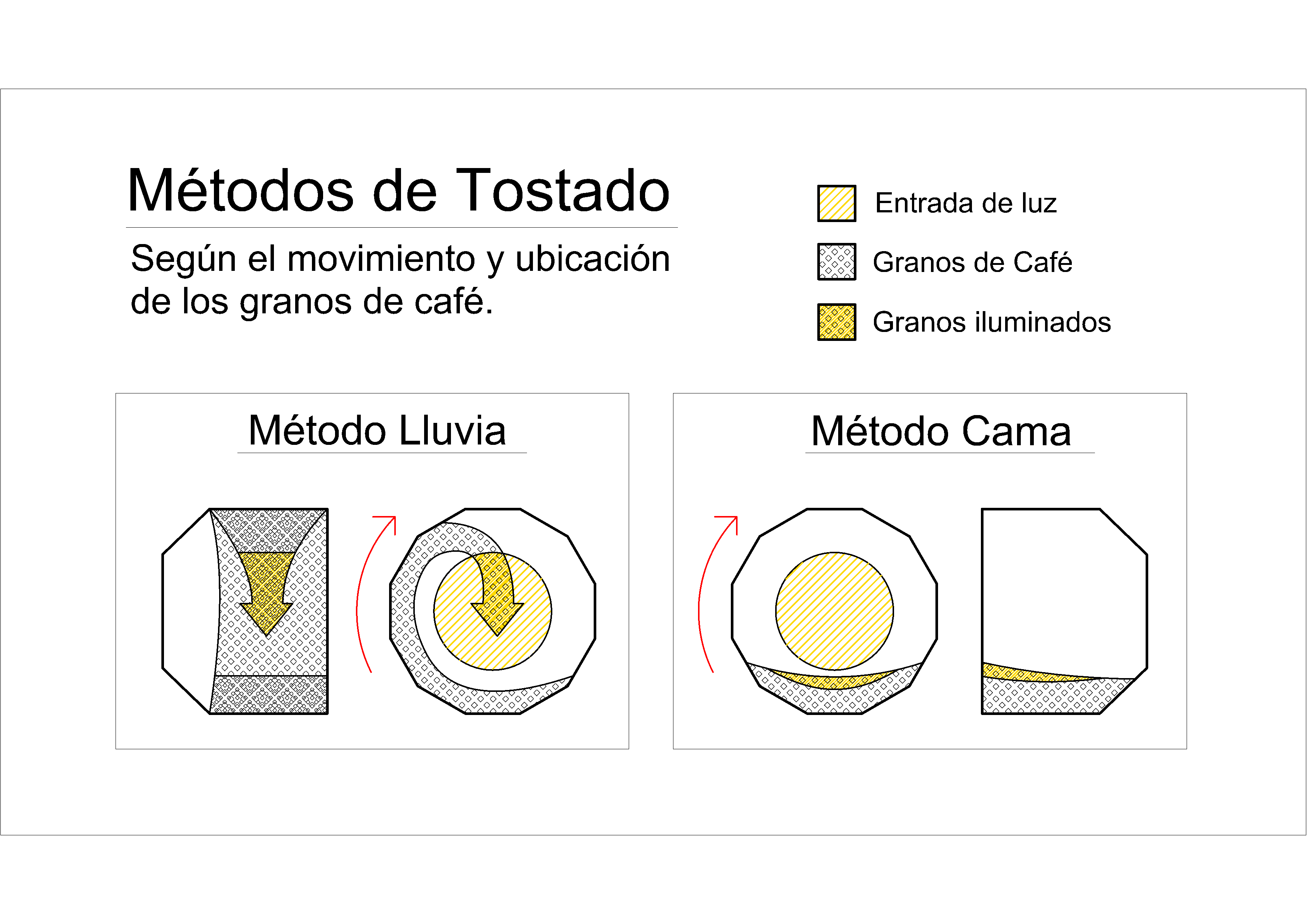
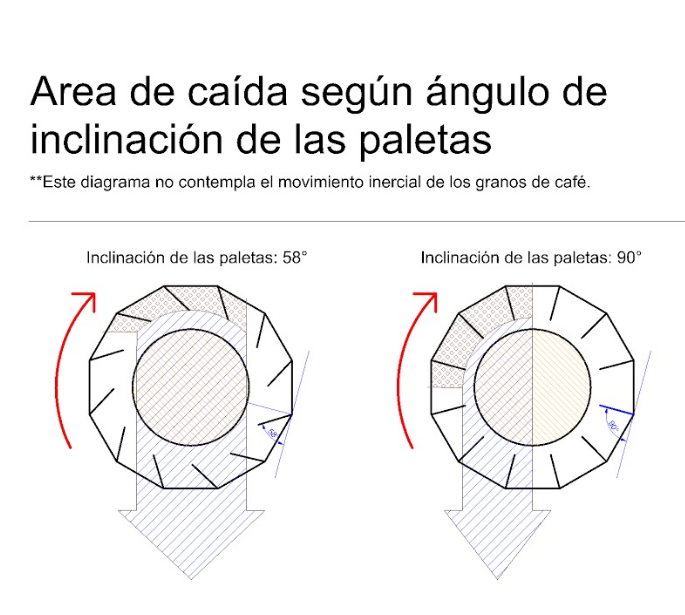
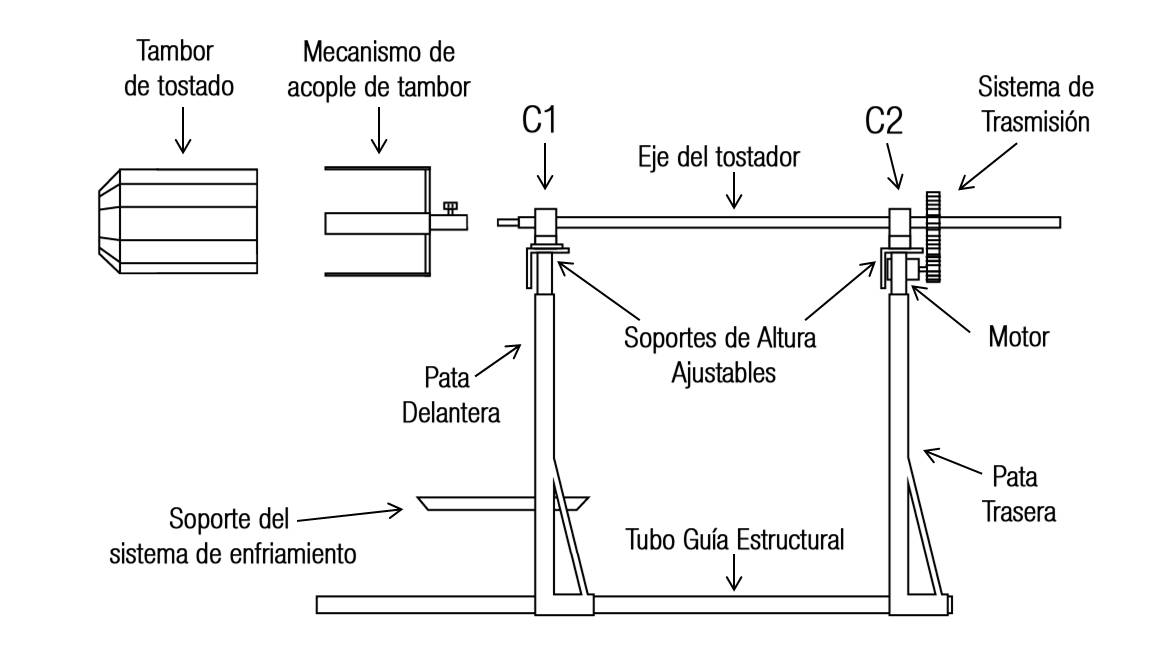
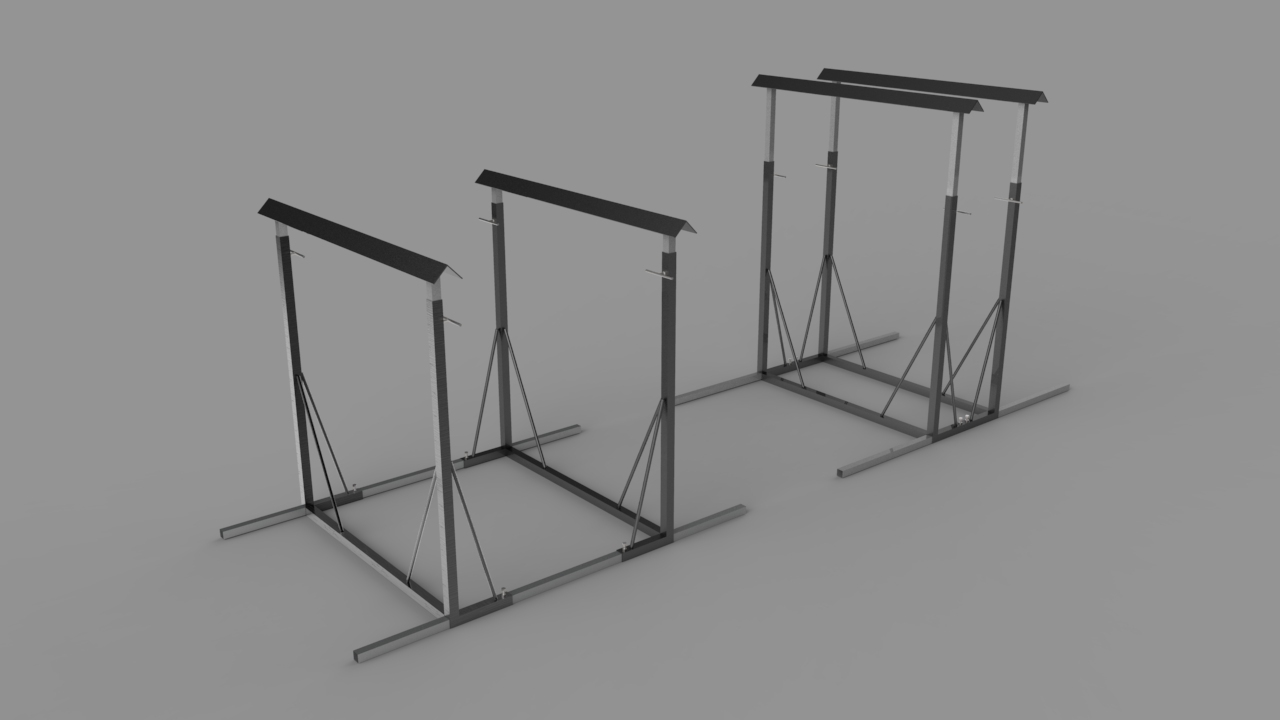

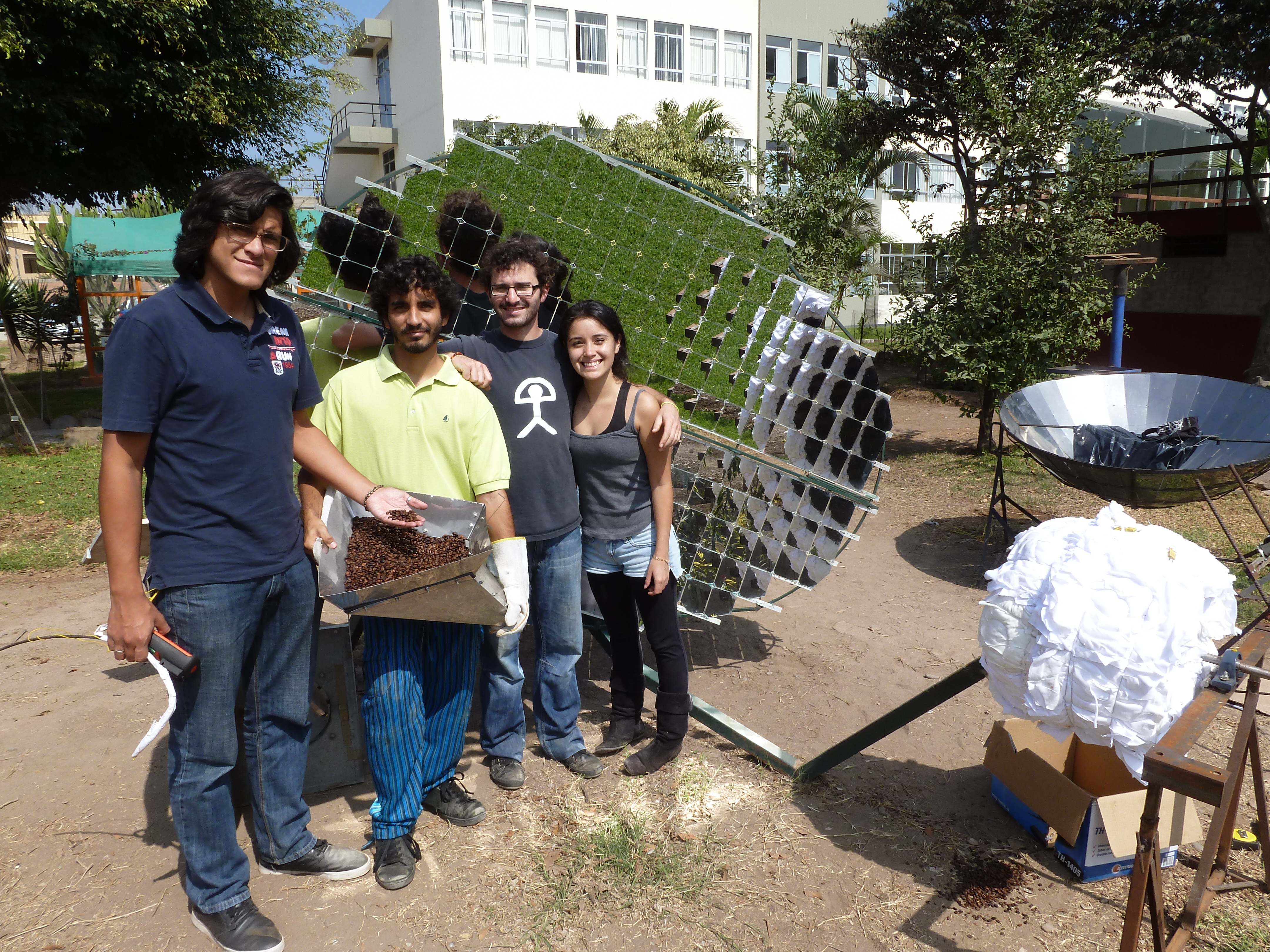
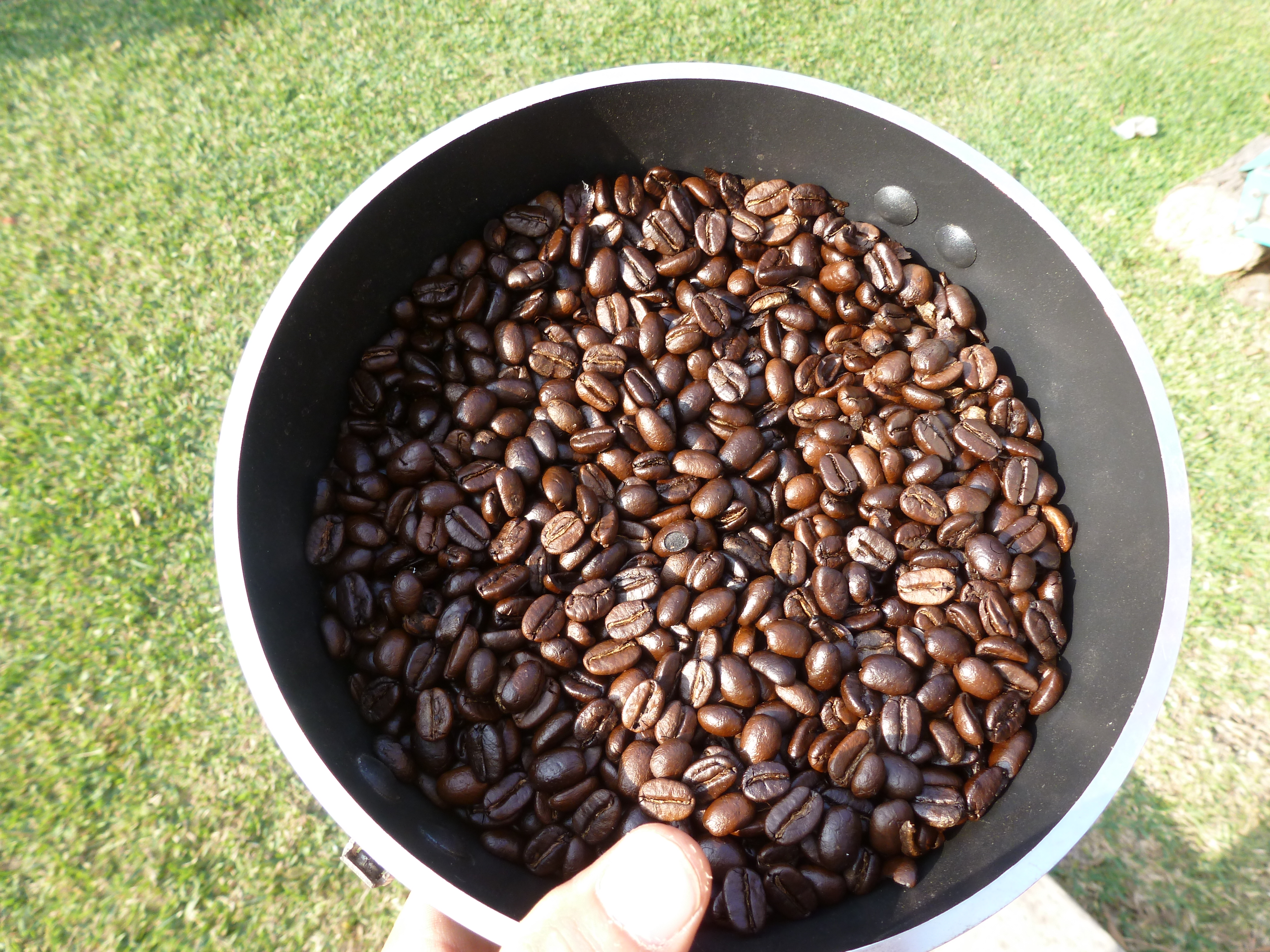
Impact
